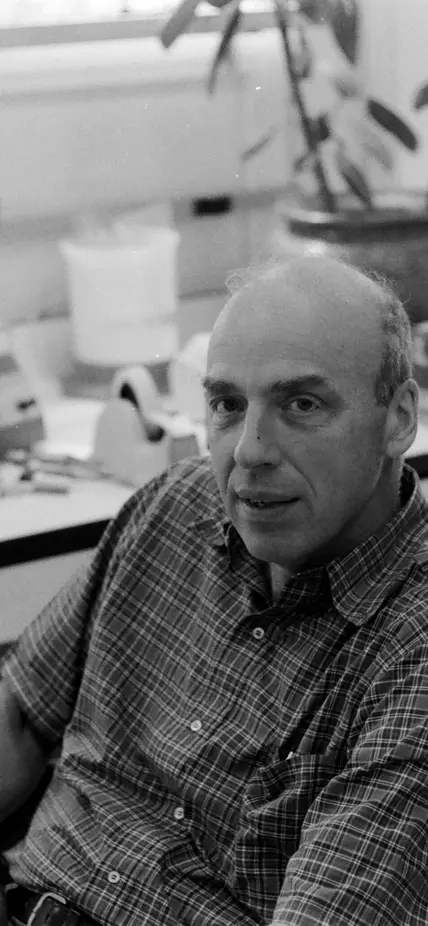Baltimore, MD—Legendary Carnegie scientist Don Brown left an outsized footprint on the life sciences—not only through his own significant discoveries in the burgeoning field of molecular biology in the 1970s and 1980s, but also with his tremendous legacy of mentorship.
Last Saturday, more than 130 friends and colleagues gathered in Baltimore to remember Brown, who died in May. The group included current and former members of the Carnegie community—many of whom have gone on to great acclaim and prominent positions where they replicated Brown’s leadership style.
“His legacy as a scientist, as a mentor, as a leader in his field, and as a human being is extraordinary,” said Carnegie Science President Eric D. Isaacs, noting that Brown exemplified the organization’s founding mission. “Andrew Carnegie tasked us to empower exceptional individuals and to encourage investigation, research, and discovery to the improvement of humankind. Don Brown truly instantiated that principle.”
Brown served as the Director of Carnegie’s former Department of Embryology from 1976 through 1994, where he spearheaded the ability to manipulate genes in a laboratory environment. During this period, he played a leading role in transforming developmental biology from a primarily observational pursuit, in which researchers described stages of embryonic growth, to a mechanistic discipline, in which investigators used novel techniques to deduce the structure and regulation of the genes that control development.
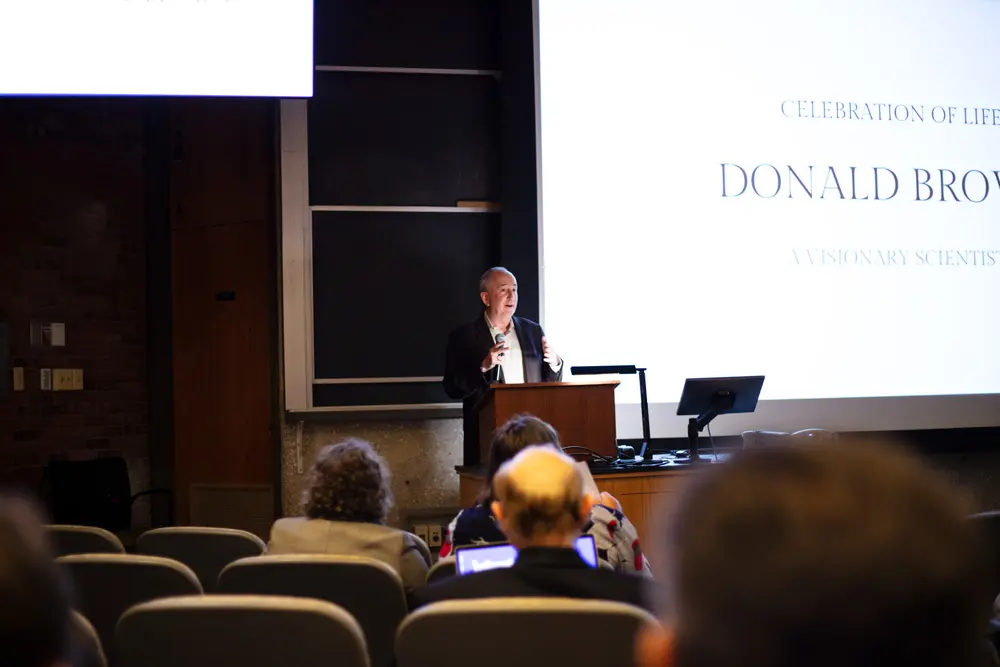
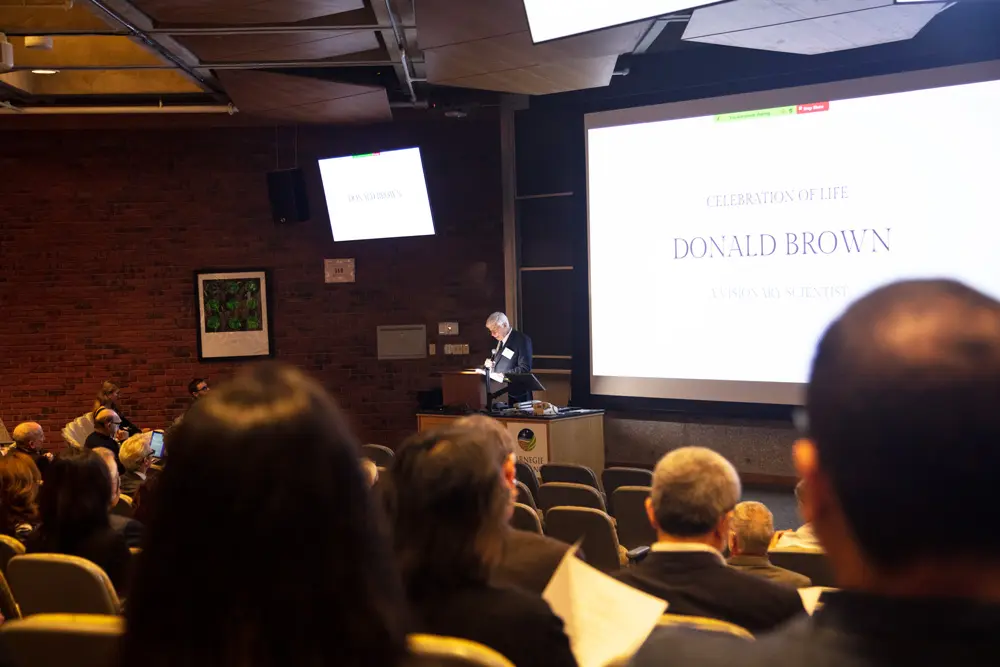
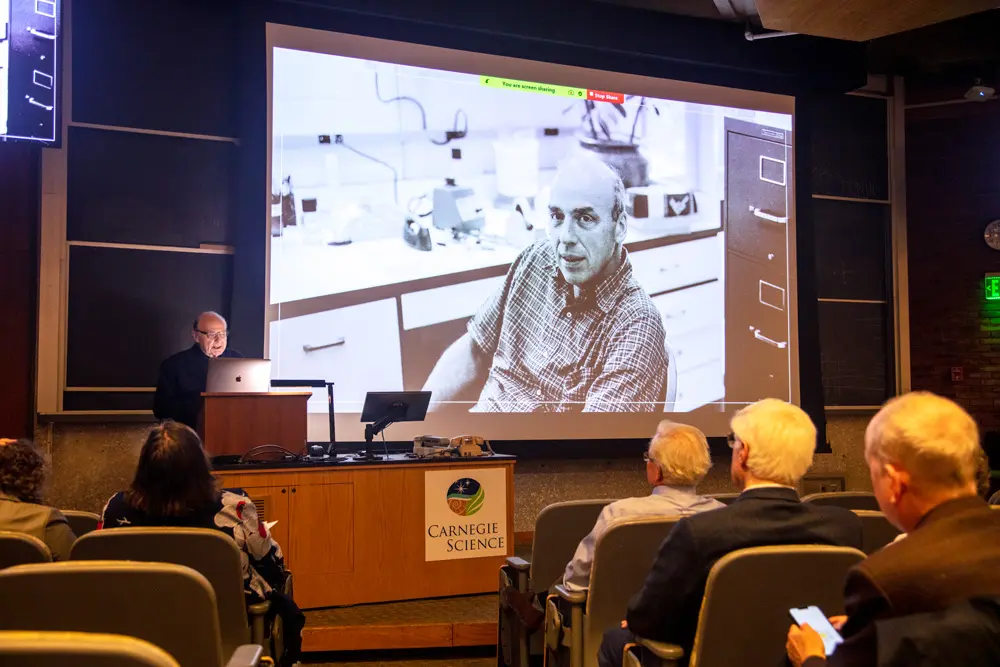
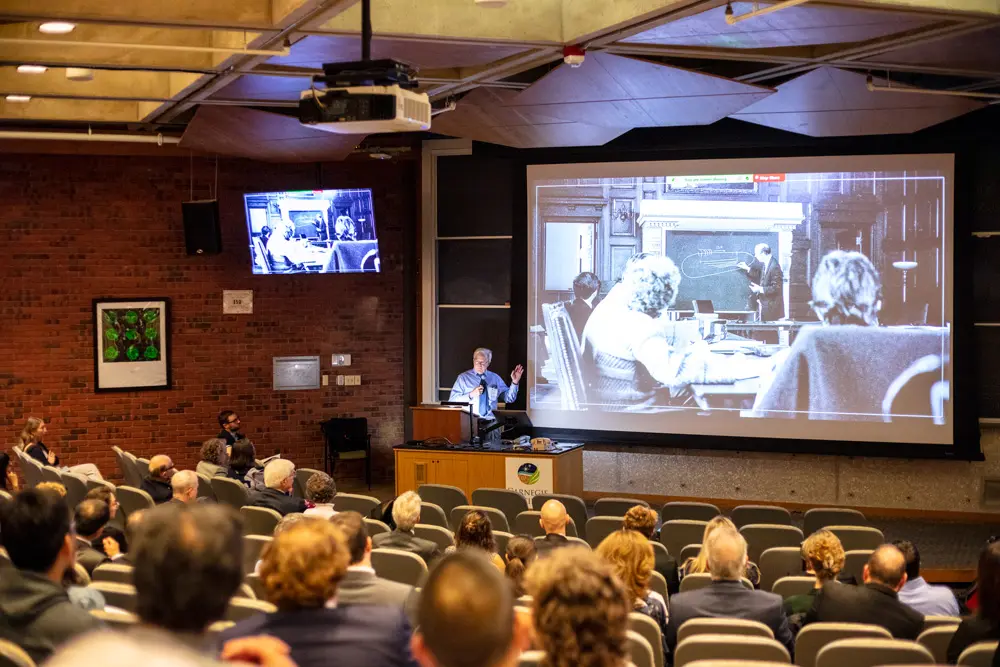

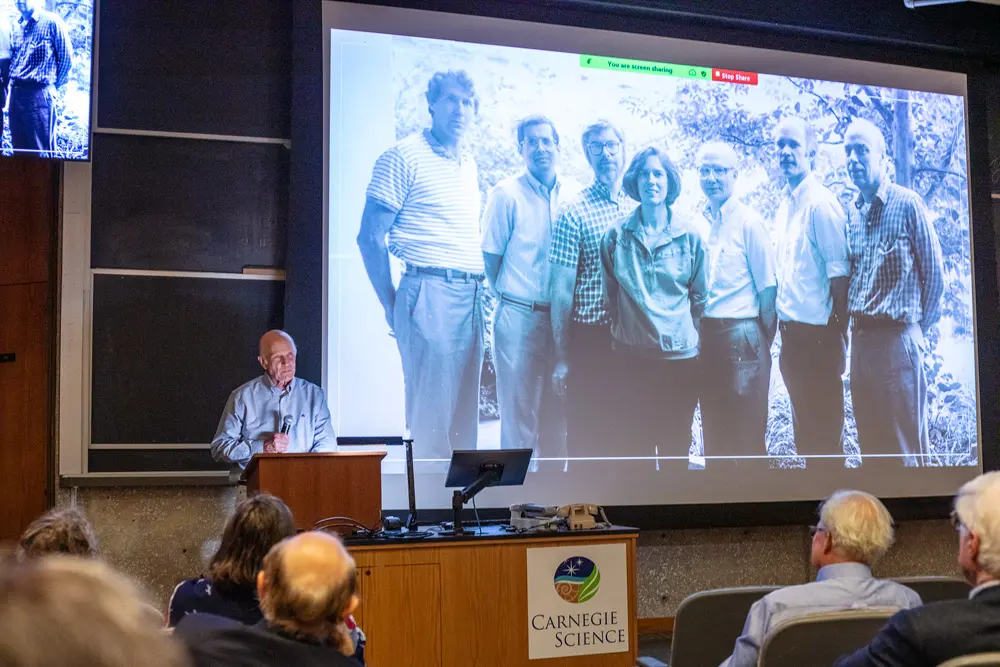
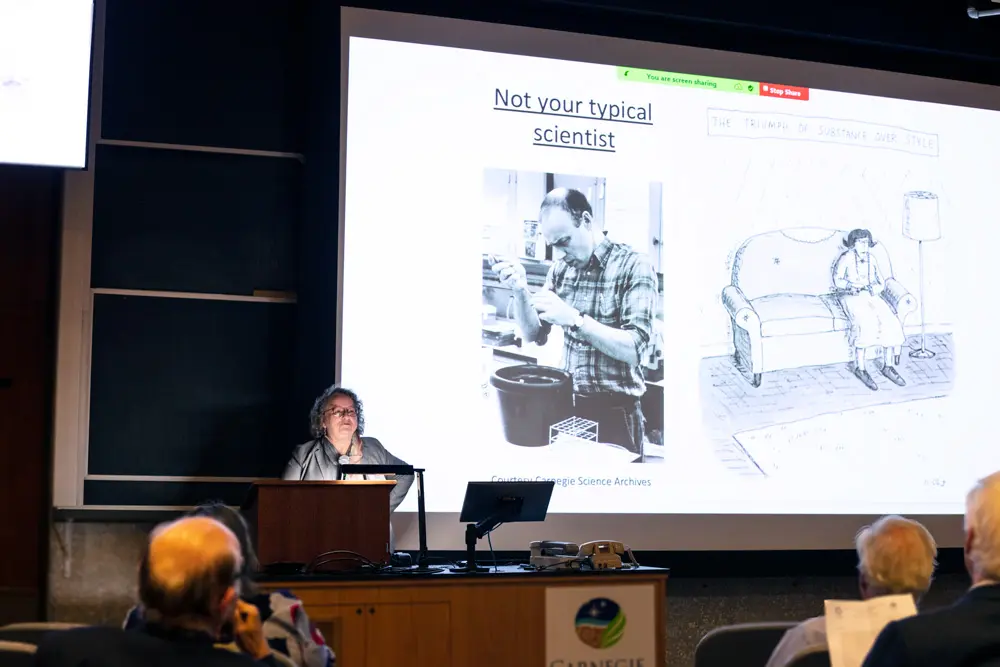
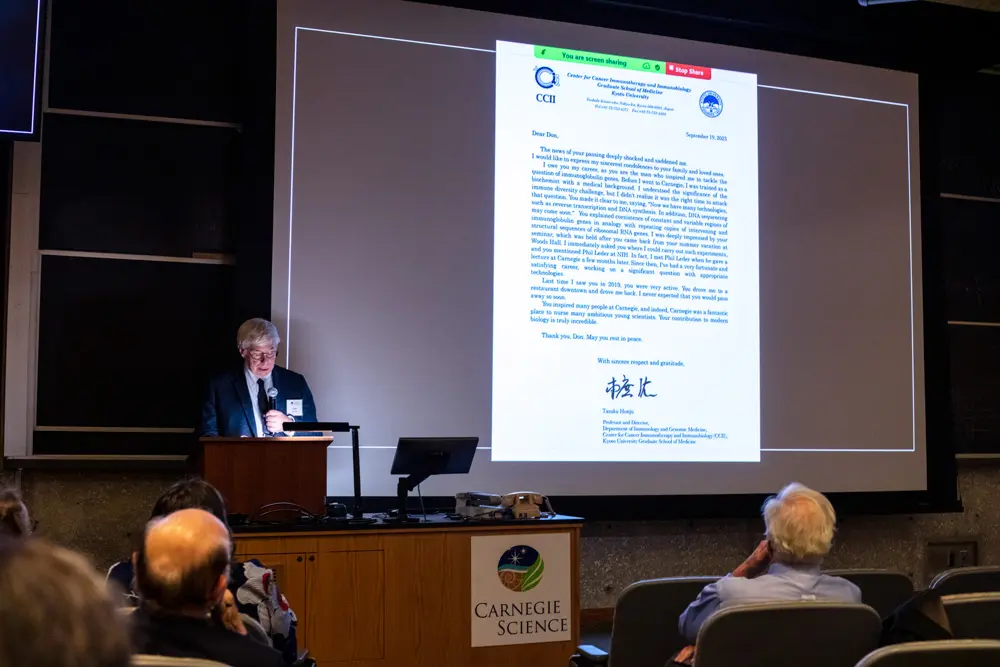
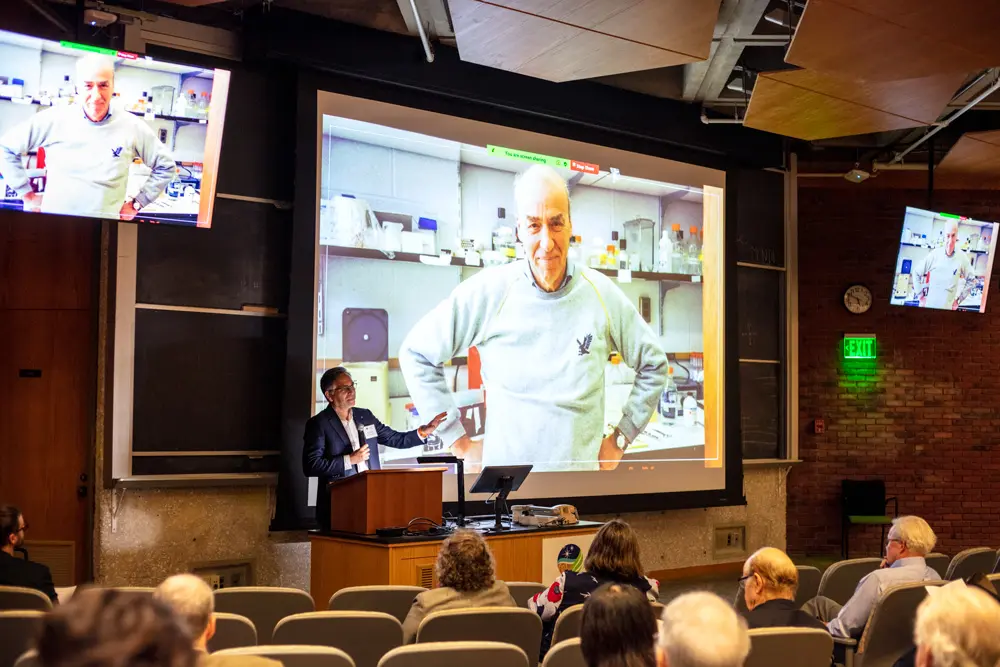
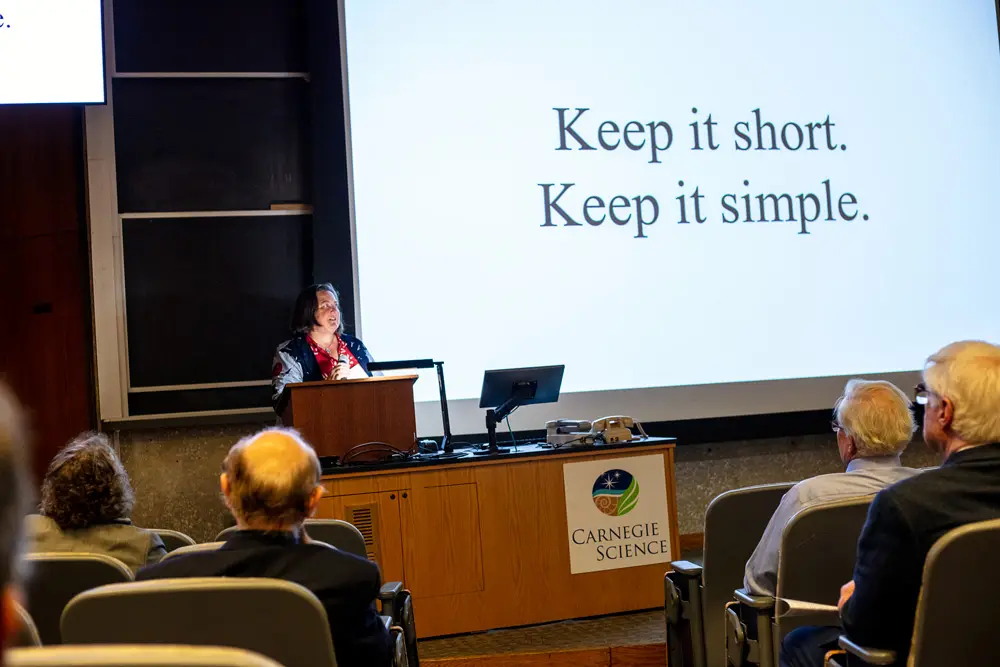
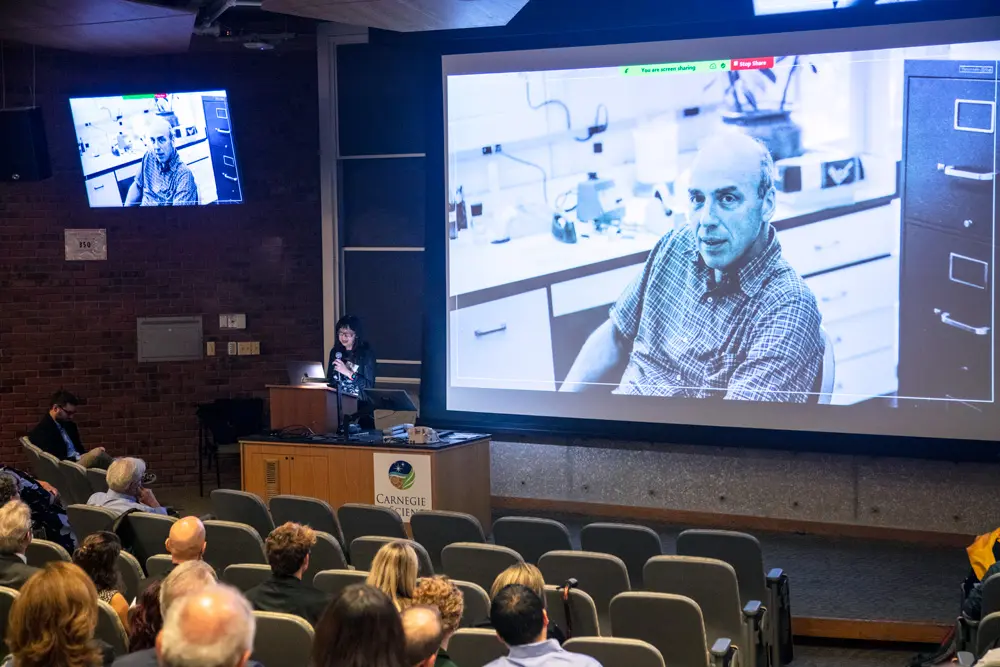
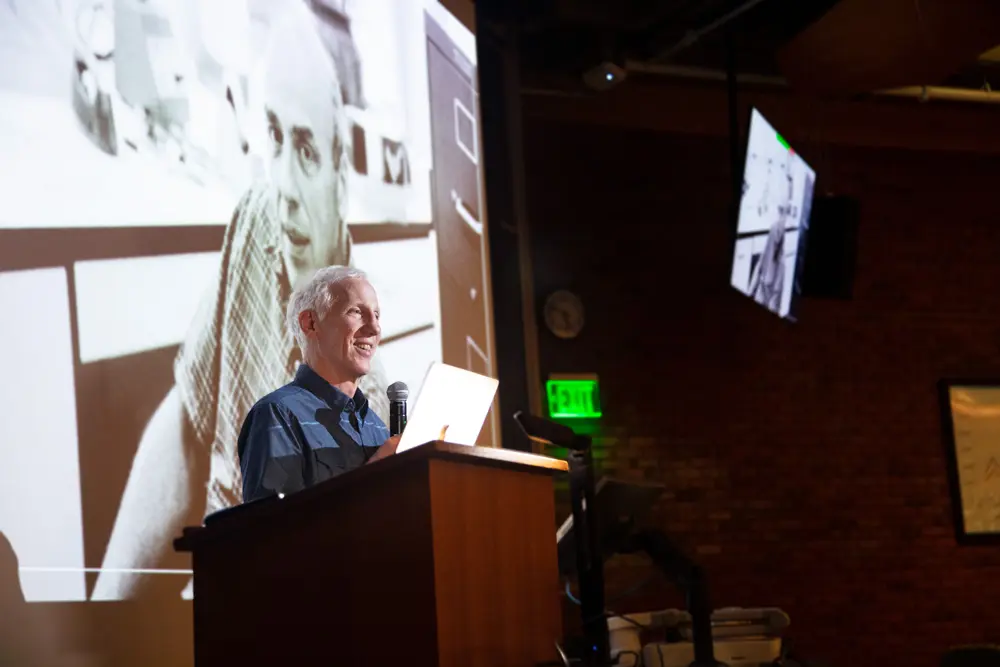
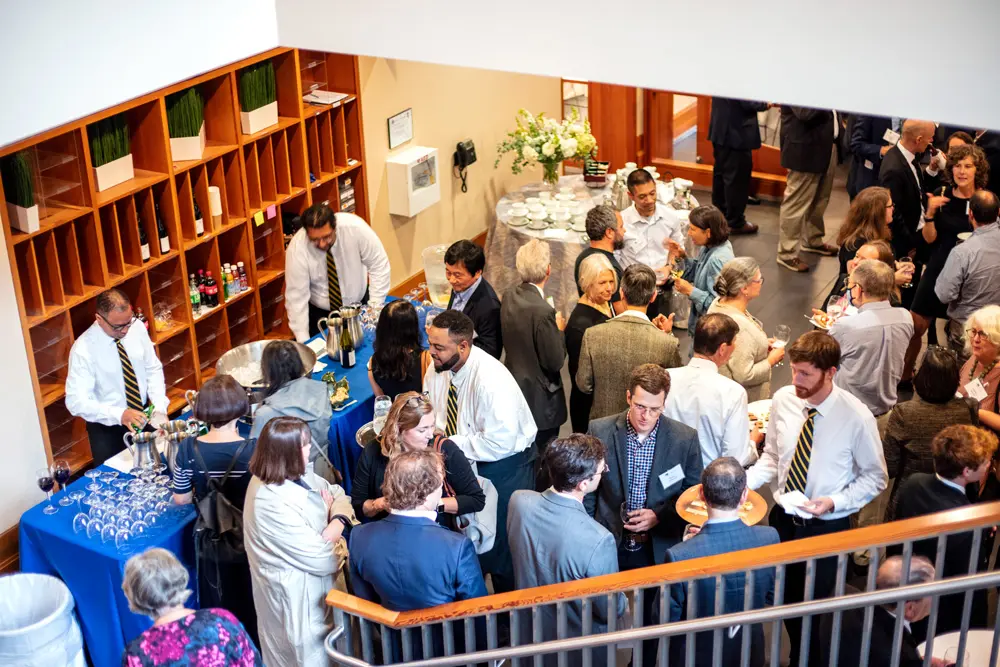
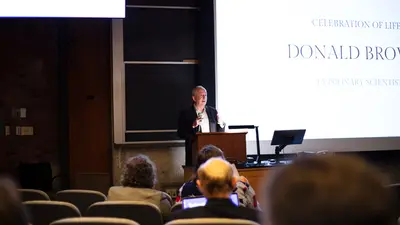
Eric Isaacs
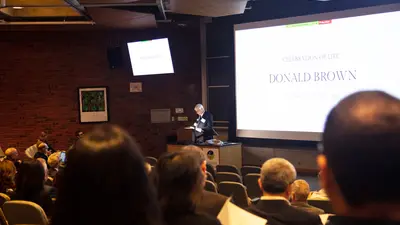
Allan Spradling
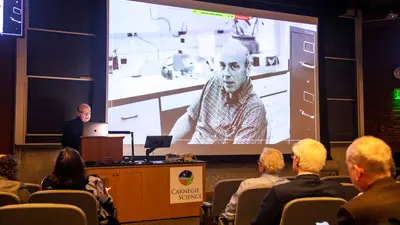
Robert Roeder
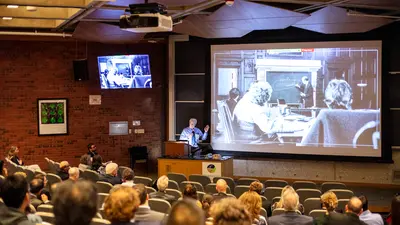
Daniel Bogenhagen
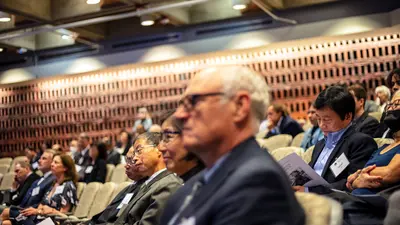
Guests
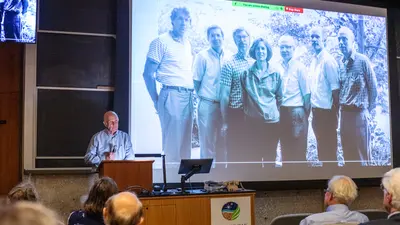
Steven McKnight
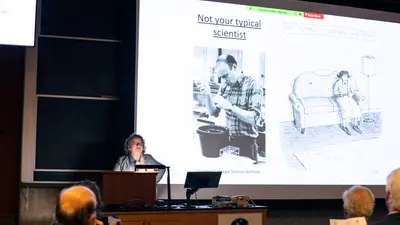
Marnie Halpern
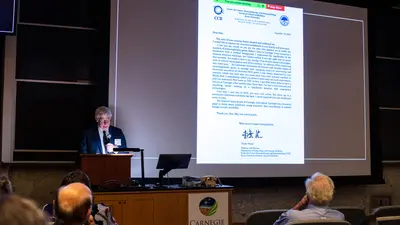
Allan Spradling reads a letter from Tasuku Honjo
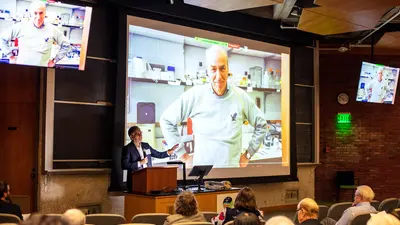
Alejandro Sánchez Alvarado
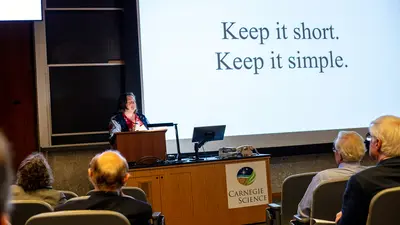
Christine Pratt
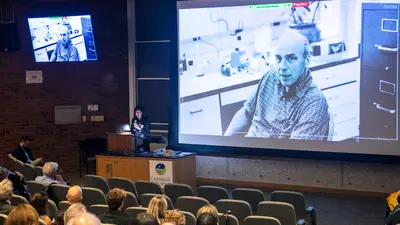
Yixian Zheng
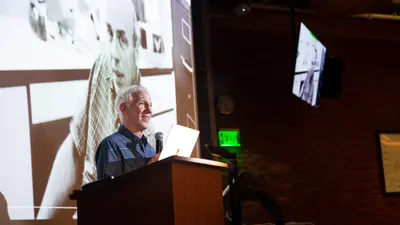
Douglas Koshland
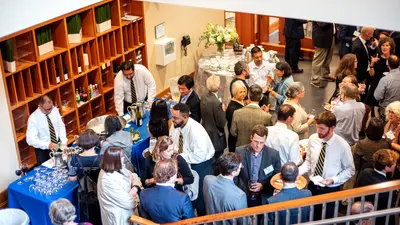
Reception Guests
Throughout Saturday’s memorial program, many of Brown’s former mentees and collaborators remembered his challenging questions during seminars and lab progress reports—and praised his insights for making them better scientists and public speakers.
Yixian Zheng, Interim Chair of Carnegie’s Baltimore campus, and Steve McKnight, a professor at UT Southwestern, both recalled how Brown warned them not to bandwagon on trendy research. Rather, he encouraged mentees at every career stage to focus on work that would substantially advance the field and have a lasting impact on the entire biological community.
Many speakers, including Robert Roeder of The Rockefeller University and Daniel Bogenhagen of Stony Brook University also remarked upon Brown's generosity with ideas and equipment, as well as his unfailing encouragement to take risks, be unafraid to fail, and push the boundaries of their expertise.
“I owe you my career,” wrote Nobel Laureate Tasuku Honjo in a letter that was read during the service, relating that Brown encouraged him to pursue molecular immunology and facilitated an important initial meeting with a leading scientist from the National Institutes of Health. Together these actions set Honjo on a path that led him to make enormous breakthroughs in cancer treatment.
“Don was a role model of how to be a critical thinker, how to mentor with tough love, and how to enjoy every single moment you have the privilege of being in the lab,” said former Carnegie Staff Scientist Marnie Halpern, now the Chair and Professor of Molecular and Systems Biology at Dartmouth University's Geisel School of Medicine.
As Director, Brown established Carnegie’s Staff Associate program, which was designed to encourage early career life scientists to take up bold, creative research pursuits. This initiative inspired other institutions around the country to establish similar positions and the National Institutes of Health to develop an award to support these efforts, which many Carnegie Staff Associates have won.
Alejandro Sánchez Alvarado, a Staff Associate alumnus, now the President and Chief Scientific Officer of the Stowers Institute for Medical Research, said: “I learned from Don how to ask better questions and I also learned how to really look at science differently. We all remember how Don had this talent to get to the meat of science. He cut through complexity like a warm knife cuts through butter.”
As Brown’s own research program thrived, and his leadership position in the field burgeoned, he started to ponder how best to inspire trainees beyond the doors of Carnegie. This spurred him to create the Life Sciences Research Foundation, which supports early career scientists during their postdoctoral work.
Doug Koshland, an LSRF board member and professor of molecular biology and genetics at Berkeley, pronounced Brown a “once-in-a-generation scientist” due to the “ripple effects” of his own research, the successes of his mentees, and the aid his foundation has provided to four decades—and counting—of biology postdocs.
“So few researchers thoroughly fulfill the scientific dreams of their youth,” concluded longtime colleague Allan Sprading. “Don Brown made it possible for me and so many others who worked here to, like him, achieve our scientific dreams.”
